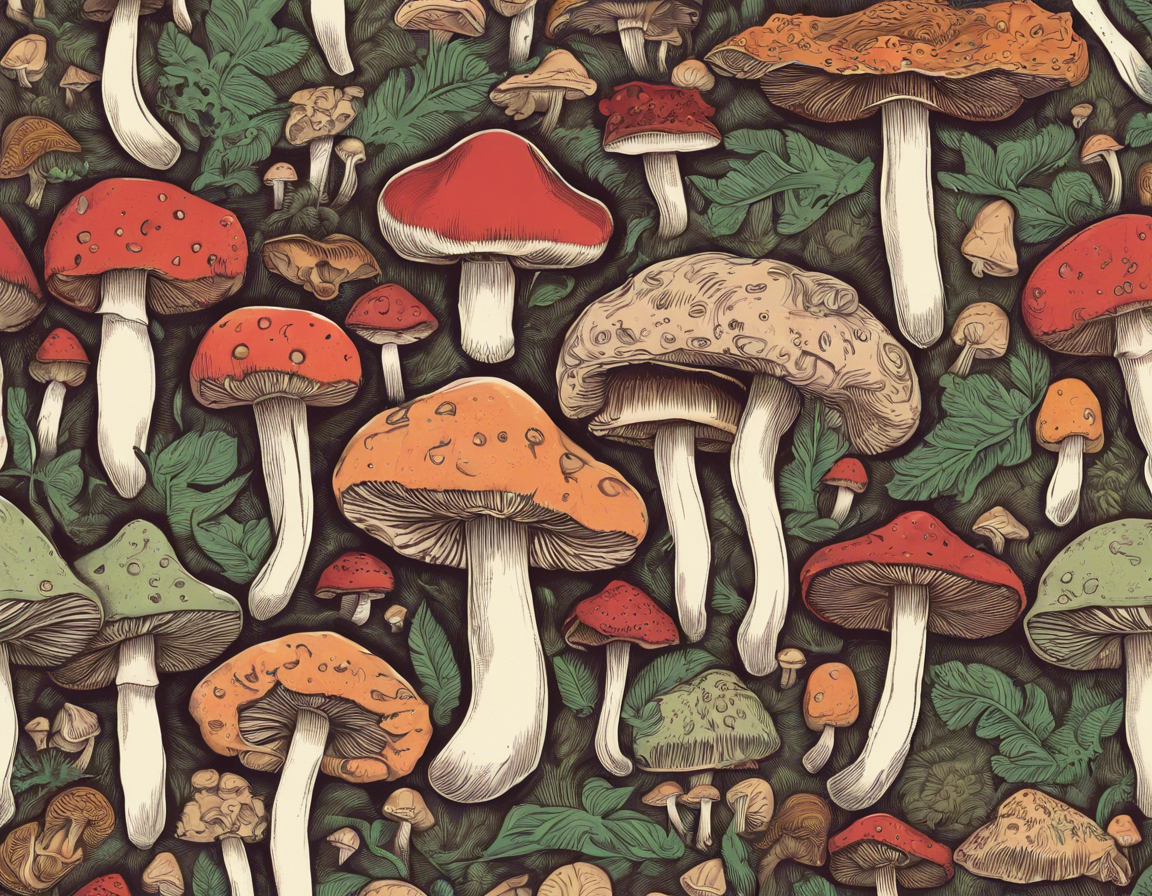As the legalization of cannabis spreads across various states in the United States, there has been a surge of interest in understanding the various components of this versatile plant. One of the most well-known and researched compounds found in cannabis is THC, short for Tetrahydrocannabinol. In this article, we will delve into the benefits of THC in Olympia, Washington, and explore the various ways in which this compound can positively impact our health and wellbeing.
What is THC?
THC is a psychoactive compound found in cannabis that is responsible for producing the “high” or euphoric feeling often associated with marijuana use. It interacts with the body’s endocannabinoid system, specifically targeting the CB1 receptors in the brain and central nervous system.
Benefits of THC in Olympia
-
Pain Relief: THC has been widely recognized for its analgesic properties, making it an effective option for individuals suffering from chronic pain conditions such as arthritis, fibromyalgia, and migraines.
-
Anti-Inflammatory: THC exhibits potent anti-inflammatory effects, which can be beneficial for individuals with inflammatory conditions like Crohn’s disease, rheumatoid arthritis, and asthma.
-
Appetite Stimulation: Known colloquially as the “munchies,” THC is renowned for its ability to stimulate appetite. This can be particularly helpful for individuals undergoing chemotherapy or individuals with eating disorders.
-
Anxiety and Depression: While high doses of THC can sometimes exacerbate anxiety, low to moderate doses have shown to have anxiolytic properties, reducing symptoms of anxiety and depression in some individuals.
-
Neuroprotection: Studies have suggested that THC may possess neuroprotective properties, making it a potential therapeutic option for neurological conditions such as Alzheimer’s disease, multiple sclerosis, and Parkinson’s disease.
-
Sleep Aid: THC has sedative effects that can help individuals struggling with insomnia or other sleep disorders achieve better quality sleep.
Methods of Consuming THC
-
Smoking: One of the most common methods of consuming THC is by smoking dried cannabis flower. This method provides quick onset effects but may not be suitable for individuals with respiratory issues.
-
Edibles: THC-infused edibles offer a discreet and long-lasting way to consume cannabis. However, the effects may take longer to kick in compared to smoking.
-
Tinctures: Tinctures are liquid extracts of cannabis that can be consumed sublingually for faster absorption or added to food and beverages.
-
Topicals: THC-infused topicals such as creams, lotions, and balms are applied directly to the skin and are popular for localized pain relief without inducing a psychoactive high.
Risks and Side Effects of THC
While THC offers numerous potential benefits, it is essential to be aware of the possible risks and side effects associated with its consumption. Some of the common side effects of THC include:
- Dry mouth
- Red eyes
- Impaired motor coordination
- Paranoia or anxiety
- Increased heart rate
Moreover, excessive consumption of THC can lead to cannabis use disorder in some individuals, characterized by withdrawal symptoms and cravings when not using the substance.
Frequently Asked Questions (FAQs)
1. Is THC legal in Olympia, Washington?
Yes, THC is legal for both medical and recreational use in Olympia, Washington, as part of the state’s cannabis legalization laws.
2. Can THC help with cancer treatment?
While THC may help alleviate symptoms associated with cancer treatment such as pain, nausea, and loss of appetite, more research is needed to determine its efficacy in treating cancer itself.
3. Can you overdose on THC?
While it is incredibly rare to overdose on THC and it is not fatal, consuming high doses can lead to intense psychotropic effects and discomfort.
4. Does THC have addictive properties?
THC can be psychologically addictive for some individuals, leading to dependence or cannabis use disorder in susceptible individuals.
5. Can THC be detected in drug tests?
THC can be detected in drug tests, including urine, blood, and hair tests, depending on the frequency and amount of use.
In conclusion, THC, the primary psychoactive compound in cannabis, offers a myriad of potential health benefits, ranging from pain relief and anti-inflammatory properties to appetite stimulation and neuroprotection. However, it is essential to consume THC responsibly and be aware of the potential risks and side effects associated with its use. As research into cannabis continues to expand, we can expect to uncover even more about the therapeutic potential of THC in improving our overall wellbeing.



